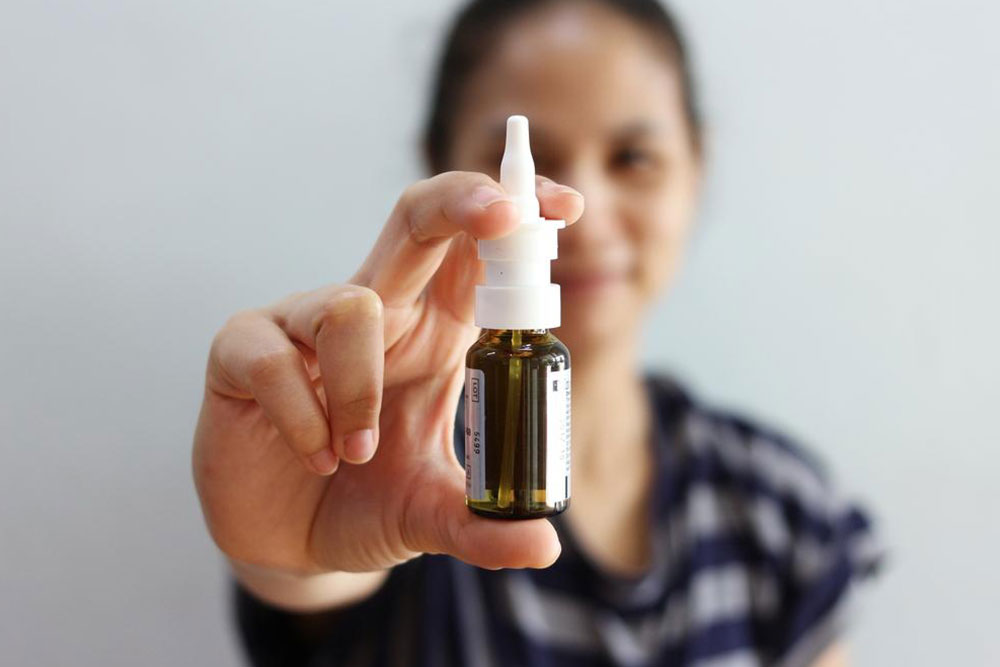Understanding Allergies: Causes, Symptoms, and Modern Treatments
Discover the causes of allergies, common symptoms, and various treatment options including antihistamines, corticosteroids, and modern desensitization methods like immunotherapy and sublingual tablets. Learn how recent advancements aim to reduce allergic reactions and improve quality of life through personalized and preventive care.
Sponsored

Allergy reactions occur when the immune system overreacts to harmless substances like pollen, food, or chemicals. These overreactions can cause symptoms such as sneezing, itchy eyes, swelling, and difficulty breathing. Common triggers include plant pollens, insect stings, certain foods, and medications. Severe reactions like anaphylaxis require immediate medical attention. Treatments range from antihistamines and corticosteroids to innovative approaches like allergen immunotherapy and sublingual tablets, aiming to desensitize the immune response and prevent future allergic episodes.
What triggers allergies?
Immune systems may react to environmental factors like pollen, industrial chemicals, or insect venom, recognizing them as threats.
Common causes include insect bites, foods such as peanuts or certain fish, and some medications.
Insect stings can trigger life-threatening anaphylaxis if not treated promptly.
Histamine released during allergic reactions causes swelling, itching, and fluid buildup.
How are allergies treated?
Antihistamines are the primary medications, blocking histamine's effects to lessen symptoms like sneezing and swelling. They come in tablets, eye drops, and nasal sprays.
While effective, antihistamines may cause side effects such as drowsiness and dry mouth, especially in older adults or those engaged in dangerous activities like driving.
Second-generation antihistamines tend to cause fewer sedative effects but may still have some adverse reactions.
What are current medical options for allergy relief?
Corticosteroids offer an alternative, reducing inflammation with minimal sedation but may have side effects if used long-term.
These drugs are used both topically and systemically, depending on severity and type of allergy.
Emerging approaches for allergy management
Identifying and avoiding triggers remains a key strategy for prevention.
Allergen immunotherapy, involving regular injections of small allergen doses, gradually desensitizes the immune system over months or years, especially effective before allergy seasons.
Sublingual immunotherapy tablets allow daily at-home dosing, particularly for pollen allergies, offering a safe and effective alternative.






